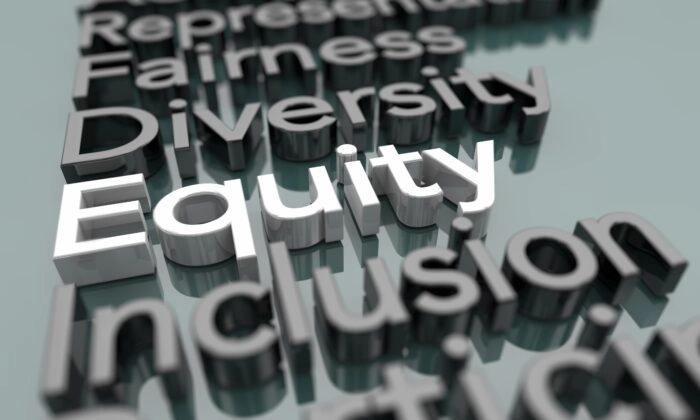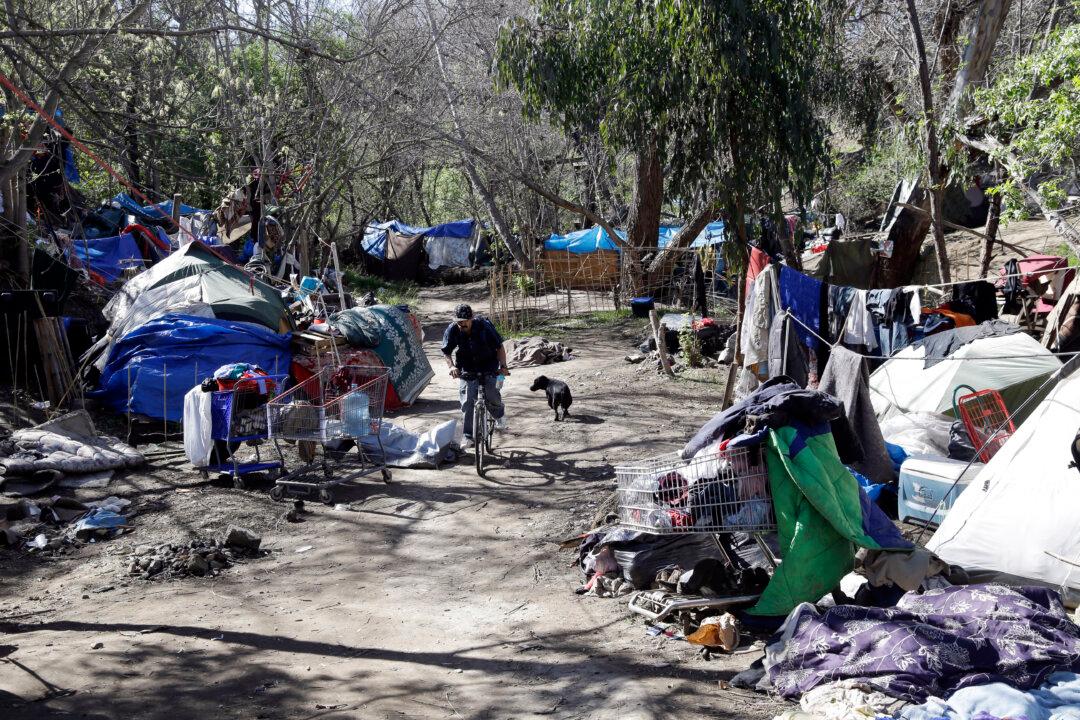California has pushed back on a federal order to end DEI programs in schools, and some Californians hold sharply different views on what the future of public education should look like.
Perspectives Differ as California Pushes Back on DEI Order
The California Department of Education stated that no state or federal law outlaws the concepts of diversity, equity, or inclusion.

iQoncept/Shutterstock



